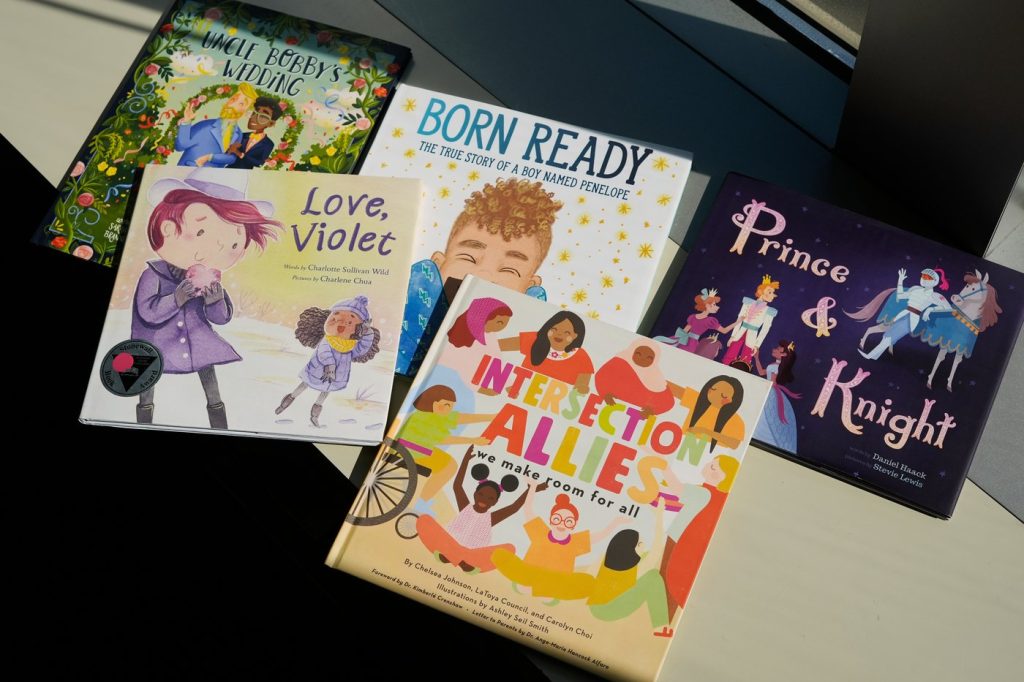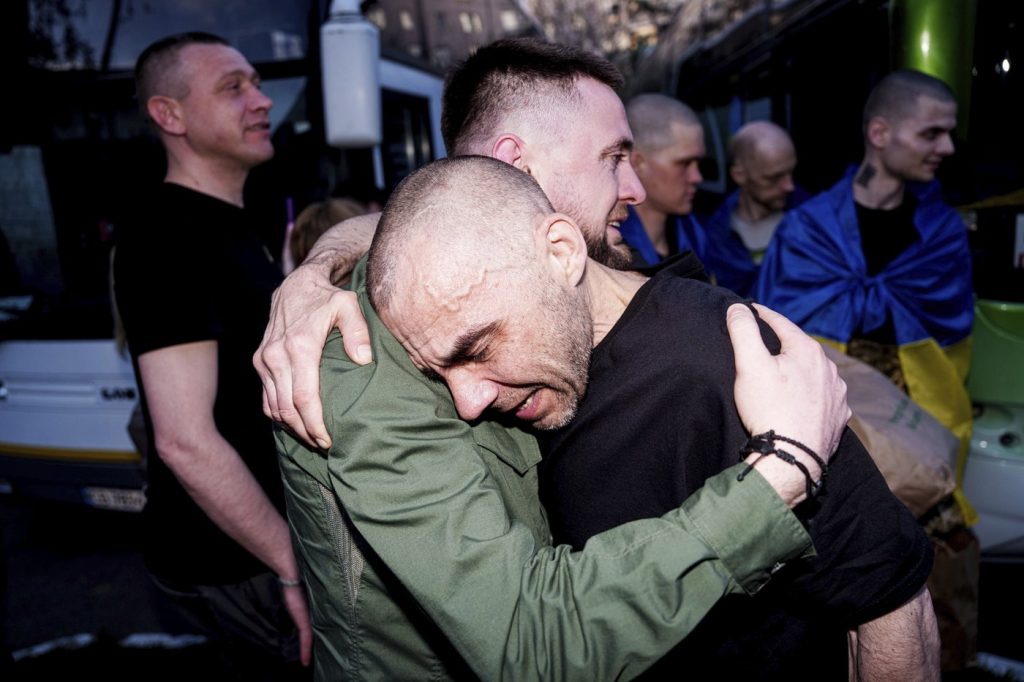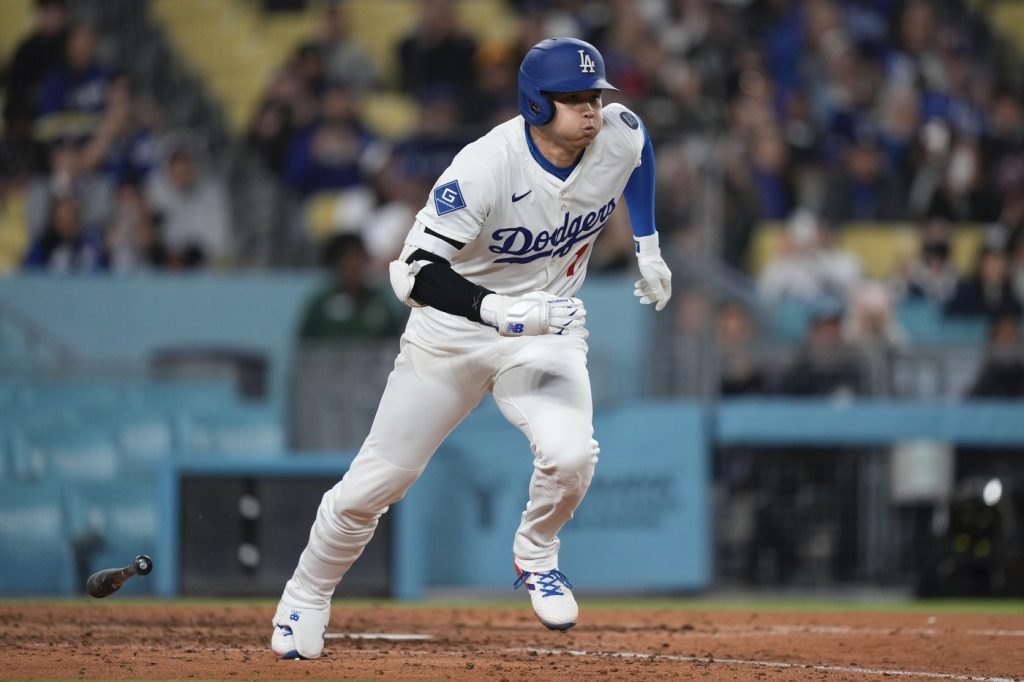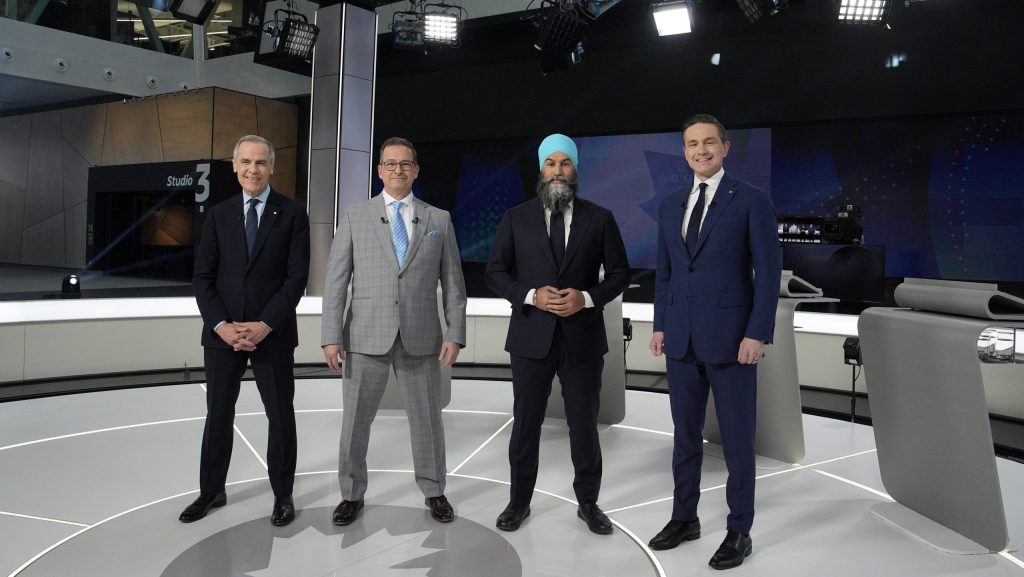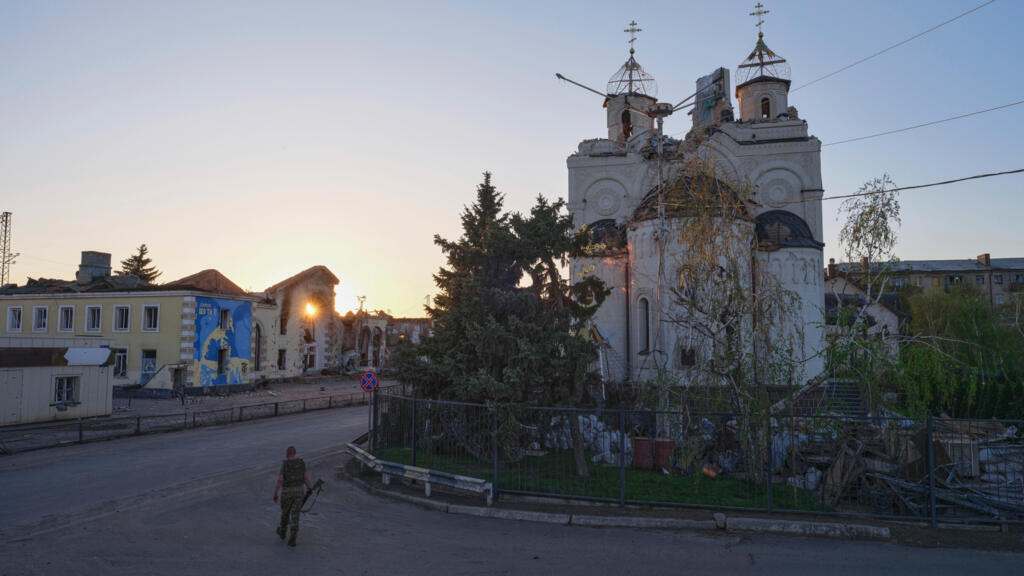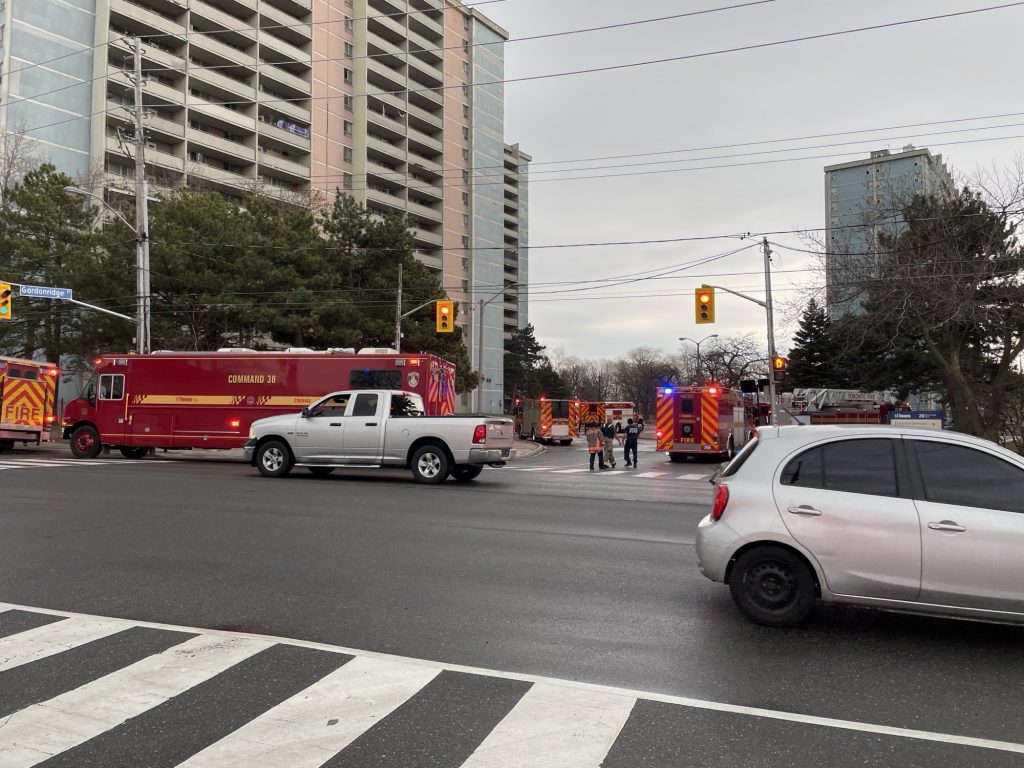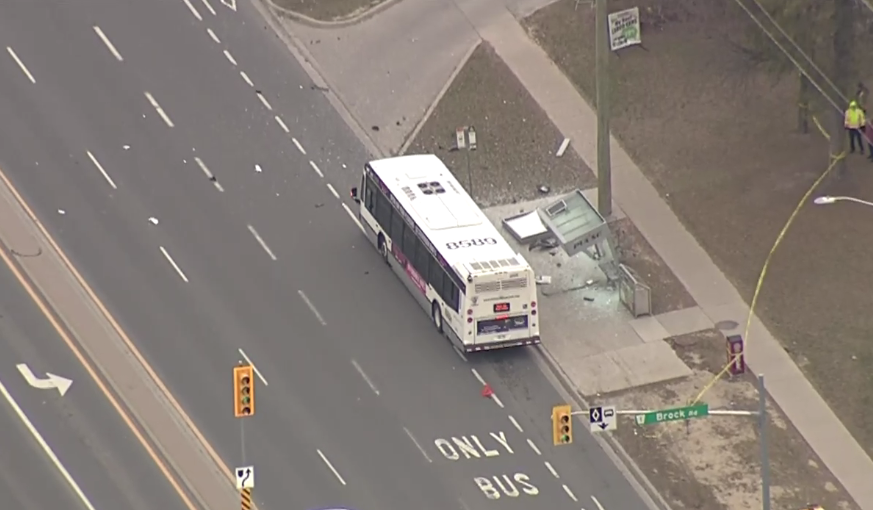WASHINGTON (AP) – A recent children's book titled "Prince and Knight" features a narrative where a prince saves a knight from a dragon, leading to an unexpected romantic relationship between the two. This story is one of five children's books that include LGBTQ characters aimed at students from kindergarten through fifth grade, which have sparked controversy in a suburban Maryland school district. This dispute has escalated to a Supreme Court case that the justices are set to hear on Tuesday.
In Montgomery County, some parents are objecting to the inclusion of these books in the school curriculum. They argue, based on religious grounds, that public schools should not mandate participation in educational content that contradicts their beliefs. Initially, the county school system allowed parents the option to withdraw their children from classes where the books were discussed but later reversed this decision.
Billy Moges, a member of the parents group Kids First, expresses concerns over what they describe as inappropriate and confusing content for young children. Moges, who has removed her three daughters, aged 10, 8, and 6, from public schools due to these materials, claims that the curriculum is, in essence, teaching human sexuality and should not be presented to elementary-aged children.
The school district has refrained from commenting directly on the ongoing lawsuit but maintains that the selected storybooks are not classified as sex-education materials. Instead, the district argues that these tales are intended to depict everyday experiences related to adventure and emotional growth, akin to classic children's stories such as Snow White and Cinderella.
The contentious books include "Uncle Bobby’s Wedding," where a girl grapples with feelings about her uncle’s marriage to another man, and "Love, Violet," which narrates a girl’s anxiety over giving a valentine to a girl she likes. Another title, "Born Ready," tells the story of a transgender boy revealing his gender identity, and "Intersection Allies" introduces a diverse set of characters from varying backgrounds, including one who is gender-fluid.
The school system justified the withdrawal of the opt-out option by stating it resulted in disruption within classrooms, and that the aim of these books is to better reflect the diversity of Montgomery County's families. Lawyers for the schools emphasize that educators are barred from using these materials in a way that pressures students to change their beliefs.
PEN America, a writers' organization that has reported a substantial increase in book bans across the country, argues that the parents' actions constitute a form of censorship. In a court filing, they described the parents’ desire to remove these books as a “constitutionally suspect book ban by another name.” The organization cautions that implementing alternative lessons whenever the books are taught would be impractical, potentially leading the county to eliminate the books from the curriculum altogether.
Tasslyn Magnusson, a senior advisor at PEN America, urges the public to read these books, describing them as valuable resources that represent the variety of experiences children encounter in school.
One book originally included in the curriculum but later removed is "My Rainbow," co-authored by Delaware state Rep. DeShanna Neal and her daughter Trinity. This story explores themes of identity and acceptance as it recounts Trinity's wish for long hair as a transgender girl and her mother’s loving response in knitting a colorful wig. Neal has experienced her book being banned in various states, including Florida, Ohio, and Texas, and she advocates for schools to be environments that foster understanding of diverse experiences.
Neal believes that education should encourage children to express their identities and understand their bodies, which is the essence of her book's message. The discussions surrounding these children's books reflect broader societal debates about representation, inclusion, and parental rights in education.


